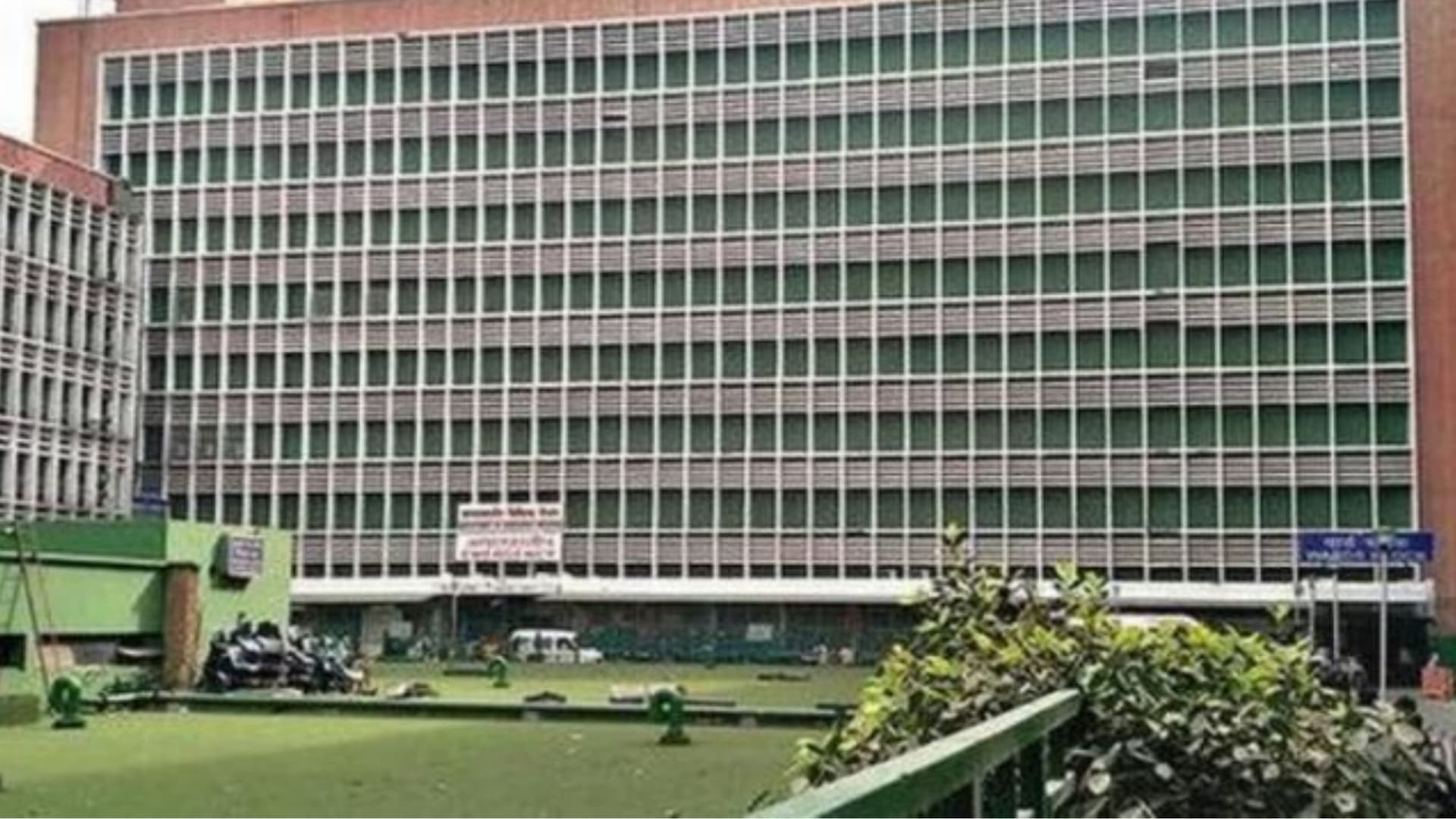AIIMS and PGIMER Faculty Protest Delays in Rotatory Headship Implementation
Faculty members at AIIMS and PGIMER are protesting the delay in implementing the rotatory headship policy, advocating for transparent and democratic leadership appointments.

Faculty associations at the All India Institute of Medical Sciences (AIIMS) and the Postgraduate Institute of Medical Education and Research (PGIMER) have expressed deep dissatisfaction over the prolonged delay in implementing the rotatory headship policy. This policy aims to introduce a system where department heads are appointed on a rotational basis, promoting transparency and equitable leadership opportunities. Despite multiple recommendations and widespread support, the policy's implementation has been repeatedly postponed, leading to growing unrest among faculty members.
Key Issues: Delay and Interim Collegium System
Prolonged Delays: The rotatory headship policy has been under discussion for over a decade, with faculty associations consistently advocating for its implementation.
Interim Collegium System: In July 2023, the Union Ministry of Health and Family Welfare introduced a collegium system as an interim measure, where departmental decisions are made collectively by senior faculty members.
Faculty Concerns: While the collegium system was intended as a temporary solution, faculty members argue that it falls short of the transparency and fairness promised by the rotatory headship policy.
Faculty Actions: Protests and Advocacy
Black Badge Protest: Faculty members at AIIMS and PGIMER have initiated black badge protests to express their dissatisfaction with the delays and to demand immediate implementation of the rotatory headship policy.
Surveys Indicate Support: A survey conducted by a committee headed by NITI Aayog member Dr. Vinod Paul revealed that 78% of faculty members support the implementation of rotatory headship, highlighting the widespread demand for this reform.
Calls for Transparency: Faculty associations emphasize that the rotatory headship policy is essential for promoting transparency, accountability, and democratic governance within these premier medical institutions.
Conclusion: Urgent Need for Policy Implementation
The ongoing protests by faculty members at AIIMS and PGIMER underscore the urgent need to implement the rotatory headship policy. This reform is seen as a critical step toward ensuring transparent and equitable leadership appointments in India's top medical institutions. Faculty associations continue to advocate for immediate action, emphasizing that further delays undermine the principles of fairness and democratic governance.
